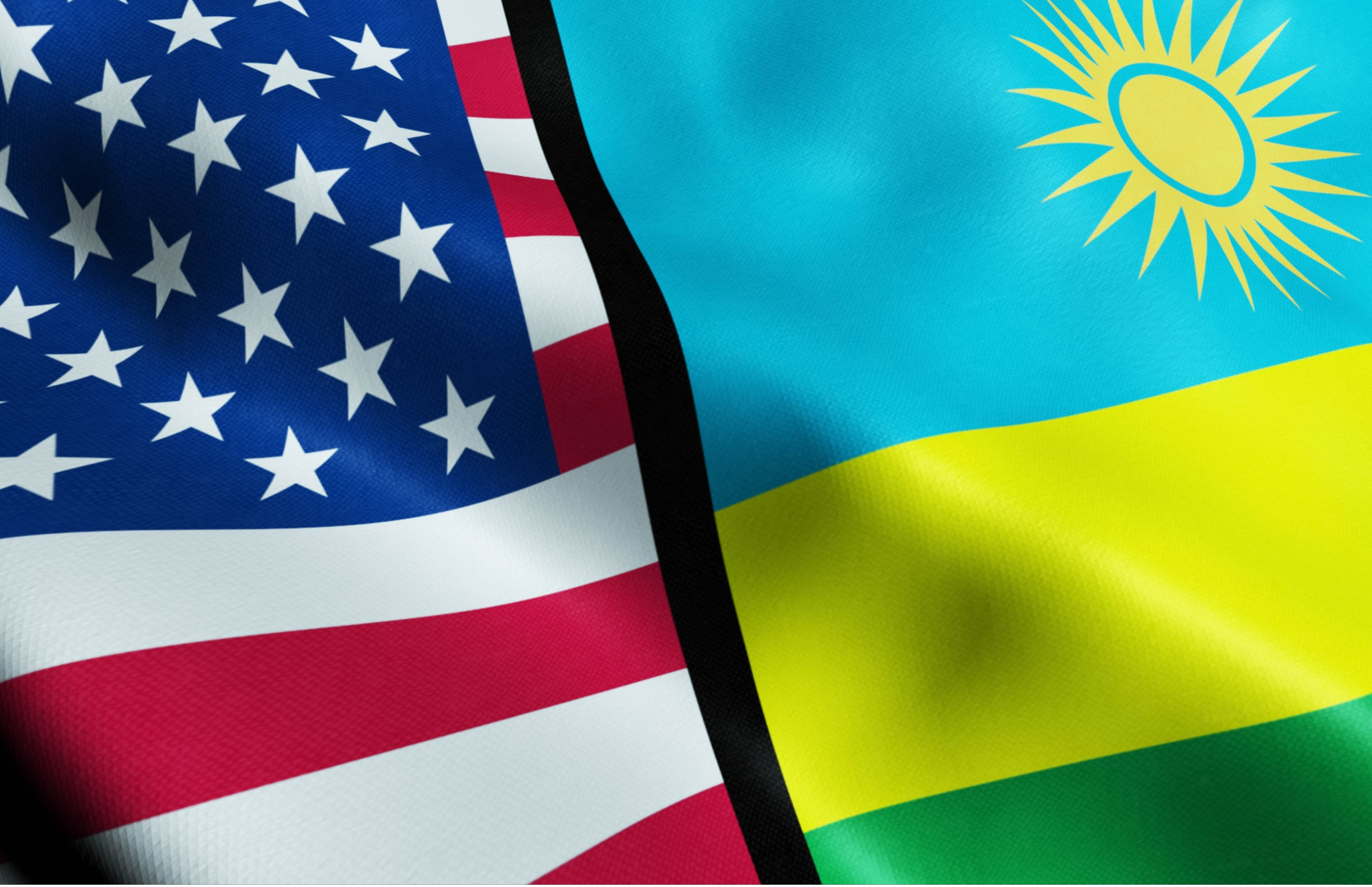US-based Nathan Trotter secures Rwandan tin supply
Opinion Pieces

16
May
2025
US-based Nathan Trotter secures Rwandan tin supply
Trinity Metals (Trinity), a Rwandan-based tin, tungsten, and coltan miner, signed a letter of intent with Nathan Trotter & Co. (Nathan Trotter), a Pennsylvania-based tin manufacturer, to establish the direct supply of tin concentrate to the USA.
On 13 May, the US Department of State’s Bureau of Energy Resources announced via X (formerly Twitter) that Trinity and Nathan Trotter signed a letter of intent at the State Department to supply tin concentrate from Rwanda to the USA. This development follows a series of high-level US delegations to Rwanda, reflecting growing interest in the region’s natural resources. In late March, Rwanda welcomed US Congressman Ronnie Jackson, followed in April by a visit from Massad Boulos, Senior Advisor for Africa, and Corina Sanders, Deputy Assistant Secretary of State for African Affairs.
Trinity operates three mining operations in Rwanda, two of which produce tin concentrate: the Rutongo and Musha mines. Rutongo, located 26km north of Kigali, has a 25-year mining licence starting in 2015 and currently produces 40–70tpm of tin-in-concentrate, although Trinity aims to ramp up production to 200tpm in the medium term. Musha, situated 45km east of Kigali in Rwamagana District, operates under a 25-year licence issued in 2014, producing around 20tpm of tin-in-concentrate alongside some coltan. Project Blue estimates that Trinity produced around 750t of tin-in-concentrate in 2024, accounting for around 2% of Africa’s tin mine supply.
In mid-2024, Trinity received US$3.8M of technical assistance grant funding from the US International Development Finance Corporation (DFC) to advance ESG initiatives across its operations. At the time, representatives of the DFC and the Rwanda Mines, Petroleum and Gas Board underscored the importance of international partnerships in building Rwanda’s mining sector. In 2024, Rwanda’s mining sector employment surpassed pre-pandemic levels, and tin concentrate production increased by more than 50% y-o-y, with only around 30% of mine supply consumed domestically to produce refined tin, according to Project Blue. The agreement supports Rwanda’s strategy to diversify its mineral exports and enhance trade relations with the USA, while also bolstering the USA’s critical minerals supply chain and supporting its efforts to onshore production.
Founded in 1789, Nathan Trotter operates four tin manufacturing facilities across Pennsylvania, including a specialised recycling division, Tin Technology and Refining, which was founded in 2013. The company produces intermediate tin products such as solder bar and wire, alloys, and anodes for electroplating and is the self-proclaimed largest importer of refined tin in North America. In September 2024, Nathan Trotter was awarded US$19M via the Defense Production Act Investment (DPAI) programme to establish a domestic facility to build comprehensive capacity for tin smelting, refining, and recycling in Coatesville.
The USA has not mined tin since 1993 or smelted tin since 1989, when the Longhorn Tin Smelter ceased tin ingot production. Instead, it manufactures tin metal through recycling, producing 10.3kt of secondary tin in 2024, according to the United States Geological Survey (USGS). To meet domestic demand, it also relies heavily on unwrought tin imports, totalling 26.2kt (gross) in 2024, with more than 75% sourced from South America and only 0.6% from Rwanda. In contrast, Rwanda exported approximately 4.2kt (gross) of tin ores and concentrates in 2024, with 63% shipped to Thailand, 23% to Malaysia, and 14% to China.
While it is currently unclear how long it will take Nathan Trotter to develop the primary smelting circuit, the facility’s capacity, or when imports of Rwandan concentrate will begin, the alteration of Rwandan tin concentrate trade flows could hamper the ramp-up of domestic refined capacity. In addition, a shift in exports could force the likes of Thailand Smelting and Refining Company (Thaisarco) and Malaysian Smelting Corporation (MSC) to seek supplementary sources of supply. Nevertheless, the entry of a new primary refined tin player will strain the limited global mine supply, incentivising mine project investment, existing tin mines to increase capacity, and supply from Myanmar’s Wa State to return to the market.